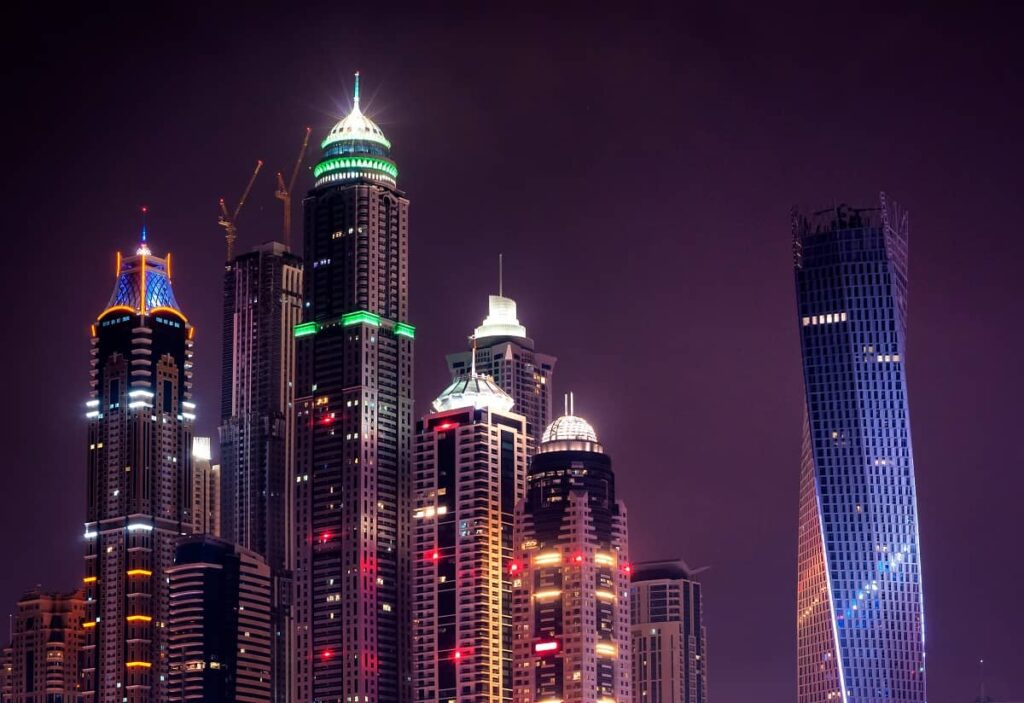Tight supply in the industry to help cushion steep falls of prices and rents next year.
Due to very very tight supply in the industry to help cushion a very rapid fall of the prices and the rents next year.
A forecast for the tight supply of real estate units all over GCC subsequent to a temporary termination of new projects by some leading developers and some of the upcoming projects will provide the arrest the in progress steep downfall of the prices and rents in 2021, Kamco Invest said on Sunday.
In 2020, Covid-19 has also caused blow for the end-user demand in the GCC’s residential real estate segment, leading rents, and prices lower on a one after another year basis in 2020, rather the limited supply addition and various government initiatives for owing home being rolled out, this was informed by Kamoc in a research report.
The analysts expect a limited time freeze on new projects which are initiated by developers, which would help in reducing the supply glut and will help in rebalancing the market in 2021, heading to a slower pace of downfall in both rents as well as in prices.
In Dubai, a higher committee in matters of real estate was introduced in 2019 to make sure that semi-government property companies did not compete with the private sector and also to help in bringing back the balance in the market where the focus of the oversupply has increased prices lower in recent years.
Subsequently, various government-related authorities decided to stop new developments in the previous year, but Covid-19 surely put the roadblocks on.
Emaar, who is Dubai’s largest developer said recently that it was for now causing hindrance in new projects because of the property glut that, along with the pandemic, has unrooted almost a third of prices in the last six years.
“The government entities decided to stop new developments almost a year back but Covid definitely put the brakes on,” Mohamed Alabbar, managing director of Emaar, said early in December.
Hussain Sajwani, chairman of Damac Properties, has also spoken that new property launches had come to a stoppage this year. He awaits new launches to recommence when Dubai’s Expo 2020 event begins in October this year.
In the year 2020, rents in about all residential markets were under pressure, as tenants continued to decrease, went to more comfortable residences, or even looked for more incentives in their existing tenancy contracts, it was marked by the Kamco report.
The report said, “Covid-19 has caused additional headwinds for end-user demand in the GCC’s residential real estate segment, driving rents and prices lower on a year-on-year basis in 2020, despite limited supply addition and several government initiatives for homeownership being rolled out”.
The downfall in rents was higher than the fall in prices during 2020, as few sellers want to defer the sales of residential apartments and villas so that they could have higher prices in the future.
Led by Kuwait with the steepest residential rental fall of about 15 percent, Dubai has recorded 13 percent while Abu Dhabi encounters rents dropping by 7 percent a year per year.
As per reports “Looking ahead, the residential market is expected to remain under pressure until segment fundamentals such as a number of households and employment rates improve. Moreover, we expect developers to continue offering a range of incentives such as fee waivers, discounts, and rent-to-own agreements, combined with home finance options to attract new investors looking to take advantage of the lower prices”.
The Kamoc’ analysts expect developers to continue the sharing of a range of incentives such as fee waivers, discounts, and rent-to-own agreements, in combination with the home finance options in order to gather new investors looking to take advantage of the lower prices.
As per the Kamoc, sale transactions in the GCC from January-October 2020 declined from a year ago, as total value transacted went back by four percent to $72.1 billion from $75.5 billion. Saudi Arabia has contributed to over 52 percent of the value transacted, while the UAE could add 21.6 percent to the region’s aggregate figure.
However, the average value per transaction in the GCC increased by 7.6 percent to around $166,105 from around $154,365 in the same period in 2019.
Nevertheless, the average value per transaction in the GCC rises by 7.6 percent to around $166, 105 from around $154,365 in the same period in 2019.
The sum of GCC-wide transactions till October decreased by around 11 percent to 434,158. The lower year-on-year transaction volumes and value transacted was mainly due to the effect of Covid-19 on real estate value and its several other sub-segments.
“Moreover, the signs of a bottoming out of transactions witnessed in 2019 will now be more prolonged into 2021 in our view, until normalized demand conditions arrive in a post-Covid environment.”
